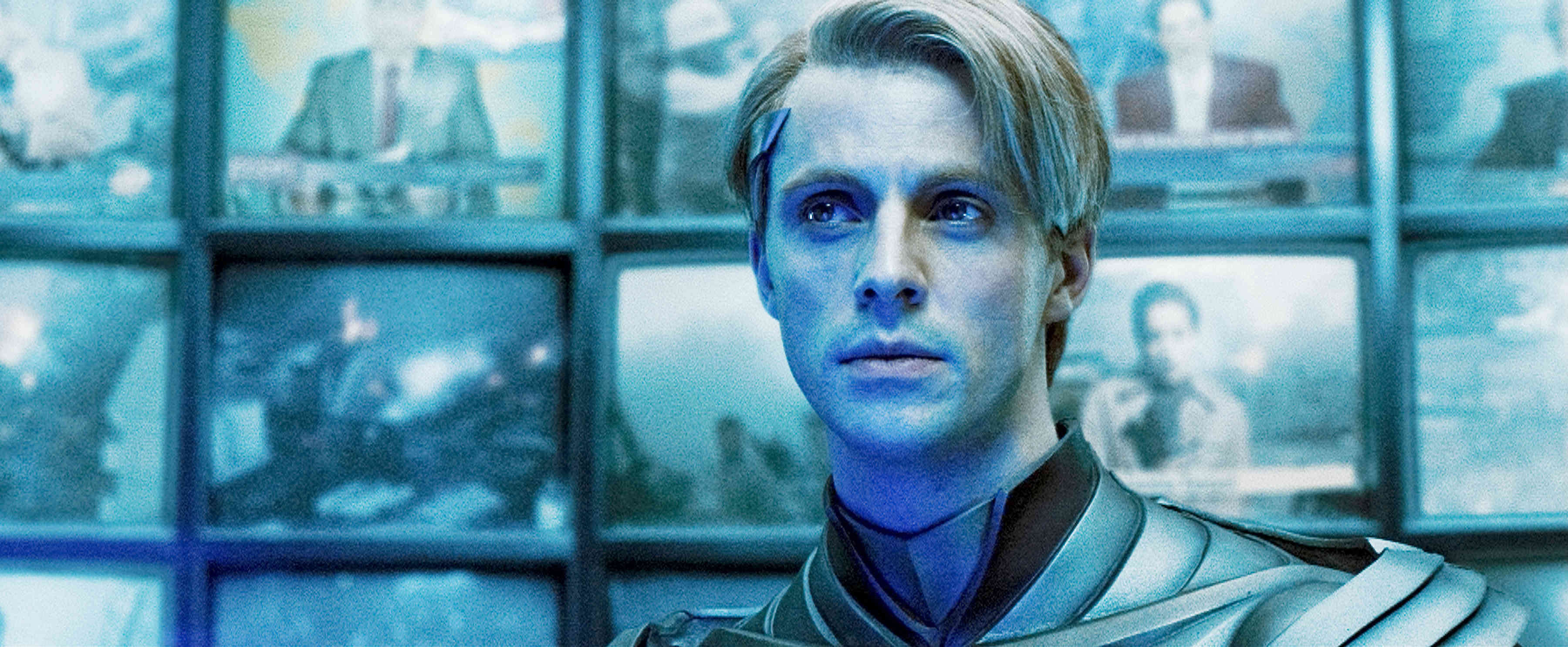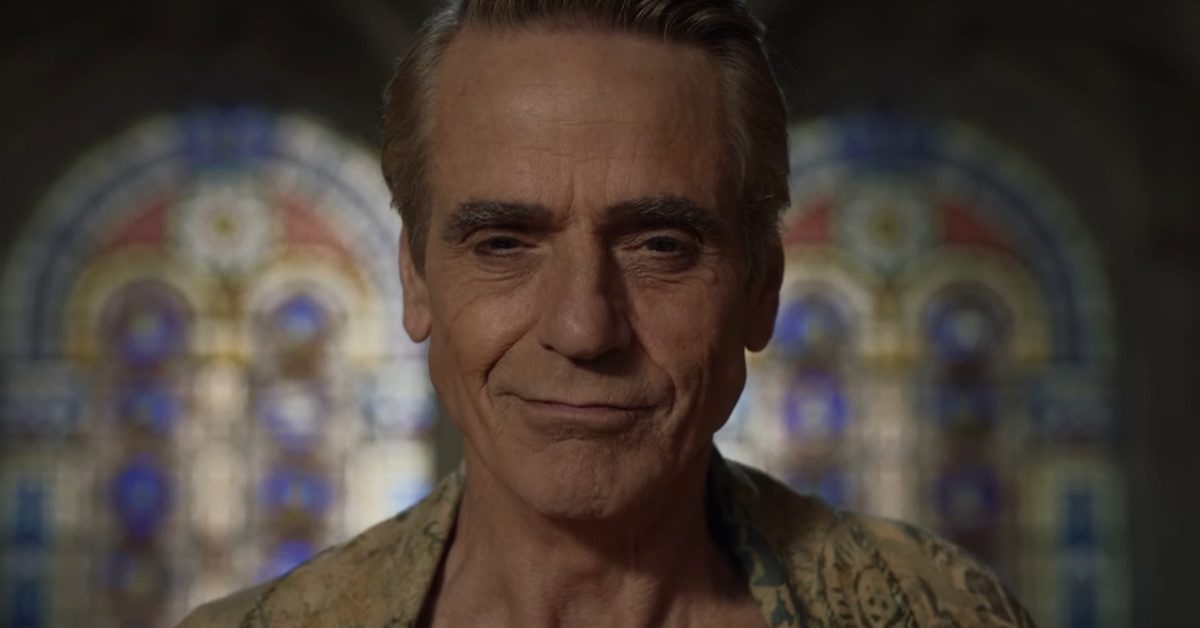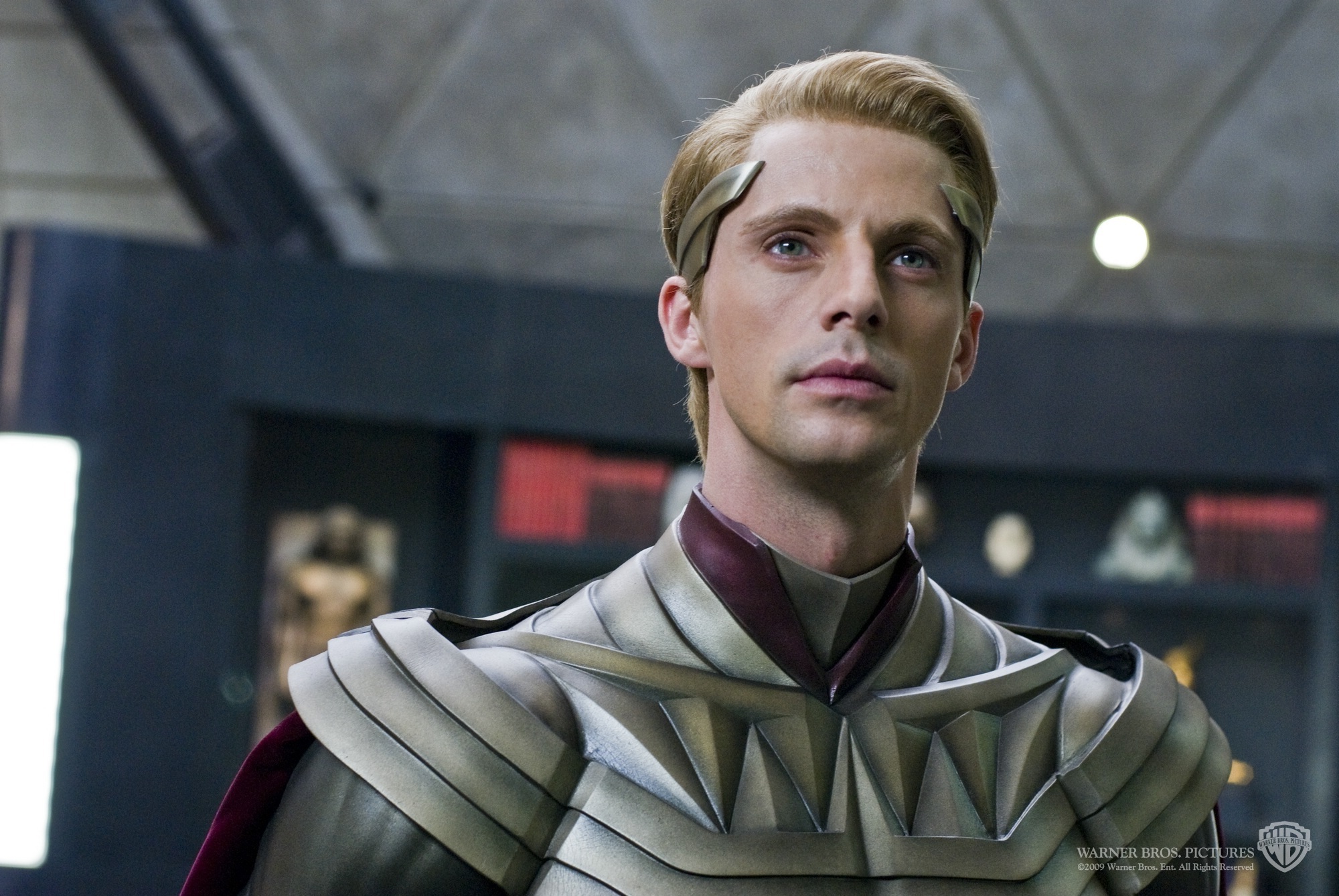
#OZYMANDIAS ACTOR SERIES#
PS: this series has an urban legend (?) that Toshiyuki Morikawa broke the recording mic twice from his battle cry screaming, namely this and the one he does in the final battle. The first opening theme is no slouch either even without the angst of the 2nd opening. I will just leave the 2nd opening theme which pretty much describes Tekkaman Blade's anguish (with some foreshadowing) through the entire thing. The Tekkaman within the series also tend to use spear like weapons when they are not ripping stuff apart with their bare hands, smashing through enemies at high speeds, or blasting the heck out of the surroundings with their bio energy cannons. voiced by Takehito Koyasu (Dio, Fate's Anderson, Fate's Ozymandias etc.) in a Cain and Abel-esque conflict. Ozymandias is Hikaru Sakurai's favorite character due to her love of Egyptian historical figures. Hikaru Sakurai is the scenario writer for his character. Development Creation and Conception Nakahara is the character illustrator for Ozymandias. While the major antagonist plaguing him for nearly the entire run is Blade's actual brother, Tekkaman Evil (yes, pardon the naming). Ozymandias is revived by Manaka Sajyou in the Second Tokyo Holy Grail War in a blackened form. The titular D-Boy/Tekkaman Blade is voiced by Toshiyuki Morikawa (you probably know him these days as voicing Sephiroth + Yoshikage Kira) in his major main role debut. D-Boy now has to fight against the alien forces and his brainwashed family with a power he did not wish to have. There was this series called Tekkaman Blade in the early 90s, where the protagonist Takaya Aiba (nicknamed D-Boy) and his family gets subjected to body horror by an invading alien race to become the titular Tekkaman - bio-organic mechanical hybrids with enhanced powers.

I promise you, no babies were harmed in the episode.”Ĭranston told The Ringer the episode arc featuring Walter kidnapping Holly put the series’ importance as a work of television into perspective and proved to him the real power of the medium.(Explaining the joke.) “That was one of the best performances in the whole series. “That’s one of those pure lightning strikes of luck that you probably don’t get twice in a lifetime,” Johnson added.

It was more than I could ever have hoped for in the writing.” “What was extraordinary was that Bryan went with it, you know,” Walley-Beckett said. Johnson was behind the camera when he heard the baby cry out “mama,” and he reacted by looking at the crew around him and silently hoping Cranston would not break character. made this baby go, ‘Mama, Mama.’ We knew we had gold.”Ĭranston said his eyes “bugged out” when he heard the baby going off script, but the moment rang true and it allowed him to capitalize on Walter’s emotions. “And it was the first time that we said, ‘OK, let’s do this,’ and we gently took the baby.

“We were setting up for a master shot of the bathroom with me and the baby,” Cranston remembered of filming the scene. “It was like somehow she understood what was going on in that scene,” executive producer Melissa Bernstein told The Ringer about the unscripted moment all these years later. Rian Johnson Stands by 'The Last Jedi': 'I Really Swung at the Ball'Įmmy Predictions: Outstanding Supporting Actress in a Comedy Series - 'Abbott Elementary' Edges Closer

Rian Johnson Confirms His 'Star Wars' Trilogy Is Still in Development The baby’s mother was just offscreen during filming, so the child responded “mama” while cameras were rolling. As Walley-Beckett revealed in 2016 after the episode aired, Holly had no lines of dialogue in the script. As Walter is staring down at his infant child, baby Holly utters the words “mama, mama,” prompting Walter to snap to his senses and realize the extremity of his destruction. The devastating turn of events led “Breaking Bad” to its most powerful unscripted moment, as the cast and crew explain in The Ringer’s oral history of the landmark episode.


 0 kommentar(er)
0 kommentar(er)
